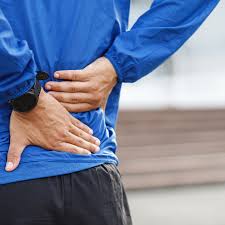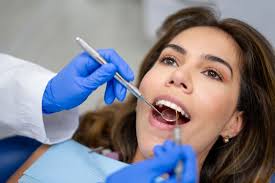Frequently Asked Questions About Vein Disease
Varicose veins are now common. Some people have varicose veins or spider veins. Varicose veins are large, twisted veins that bulge under the skin and are visible. Varicose veins don’t always cause problems. Many people can resolve the disease with lifestyle changes. Vein disease can cause great discomfort and make people self-conscious about their looks.
You can consult a vein specialist about “What are the Treatment Options for Varicose Veins?” If you have varicose veins, here are some questions about varicose veins.
What are varicose veins?
They are superficial venous veins that have gotten enlarged and tortuous, so they can no longer appropriately transport blood to the heart. This causes blood to accumulate in the legs of the body, which eventually leads to chronic venous disease (CVD) and its associated damage.
What Are the Symptoms of Common Vein Disease?
If you have vein disease, your symptoms should be minor, moderate, or severe. Some patients are shocked to discover that varicose veins are more serious than they first thought. Some people ask if varicose veins itch. Yes, they are itchy veins with pain—many more experience severe discomfort that limits their regular activities, such as standing. Your symptoms can worsen over time since vein disease is progressive. Treatment is necessary to reduce the signs of vein disease.
These are the symptoms of varicose veins:
- Itchy, dry skin
- Swelling in the legs and ankles
- Tired and painful legs
- Numbness or tingling senses
- Difficulty standing for long periods
- Non-healing wounds on your legs
- Leg discomfort that feels better when you walk or elevate your legs
If you are undergoing any of these symptoms, seek help from a professional.
Can I Prevent Varicose Veins?
Without proper treatment, you cannot treat a vein disease. You can reduce the signs of varicose veins by changing your lifestyle, through which you can reduce the risk factors caused by varicose veins. But you must consult a vein specialist for better treatment options.
Can Varicose Veins Go On Their Own?
Although varicose veins do not automatically go away without treatment, there are steps you can take to lower your risk of developing them in the first place. You can stop yours from getting worse over time as well.
Does Health Insurance cover Varicose Vein Treatment?
Not all, but most adequate health insurance plans often include varicose vein insurance. To discuss more about your insurance for varicose veins, talk to your healthcare professional.
Can varicose veins reappear after being treated?
No, but because of the venous illness already present, other veins may be impacted, leading to the development of varicose veins in the area already being treated. Treated varicose veins do not appear back, but a new one can occur.
In Conclusion:
If varicose veins are causing you severe problems, your doctor may remove that vein and reroute it with other neighboring veins. It is necessary to remove them if the veins are large.
You can try some home methods or lifestyle changes to treat varicose veins. They can appear back, so talk to your vein doctor thinking What Type of Doctor Treats Varicose Veins? A vein specialist who specializes in vein disease and treats the veins. Know which treatment option is better for you.
recommended for you
POPULAR CATEGORIES
ARCHIVES
SUBSCRIBE, SAVE & BE HAPPY
Be the first to know about new products, sales and specials!






